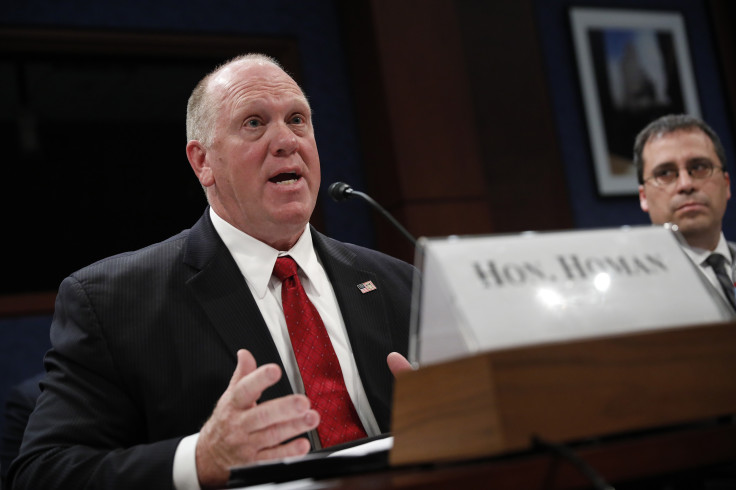
As President-elect Donald Trump prepares to assume office, his administration's immigration policies are poised to create significant financial challenges for states opposing federal directives.
Tom Homan, appointed as the incoming "border czar," has indicated that the administration intends to withhold federal funds from states and municipalities that do not cooperate with its mass deportation initiatives.
This strategy could have profound financial implications, particularly for Democratic-led states that receive substantial federal funding.
In fiscal year 2021, California received approximately $163 billion in federal grants, New York $110 billion, and Illinois $55 billion. These funds support various programs, including healthcare, education, infrastructure, and public safety.
Essential services threatened
The potential withholding of federal funds raises concerns about the ability of these states to maintain essential services. For instance, California's budget heavily relies on federal assistance to support its expansive healthcare system and social services.
Similarly, New York utilizes federal funds to finance public transportation and housing initiatives. A significant reduction in federal support could necessitate budget cuts or tax increases to compensate for the shortfall.
The legal framework surrounding the withholding of federal funds is complex. The Supreme Court has previously ruled that the federal government cannot coerce states into enforcing federal regulations by threatening to withhold existing funding. However, the administration may attempt to condition future grants on compliance with federal immigration policies, leading to potential legal battles.
State leaders have expressed strong opposition to the administration's threats. New York Governor Kathy Hochul criticized the move to cut border crossing hours, emphasizing the need for increased staffing and federal support to handle the surge in northern border crossings.
Similarly, Los Angeles has recently adopted a sanctuary city ordinance that prohibits the use of city resources in immigration enforcement, signaling its intent to resist federal pressure.
The impending conflict between the federal government and blue states over immigration enforcement and federal funding underscores the broader debate about state sovereignty and federal authority. As the new administration moves forward with its immigration agenda, the financial ramifications for states that choose to oppose these policies remain a critical concern.
In summary, the incoming Trump administration's plan to withhold federal funds from states that do not comply with its deportation initiatives presents a significant financial threat to Democratic-led states. The potential loss of billions in federal assistance could disrupt essential services and lead to legal challenges, highlighting the complex interplay between federal authority and state autonomy in the realm of immigration policy.







